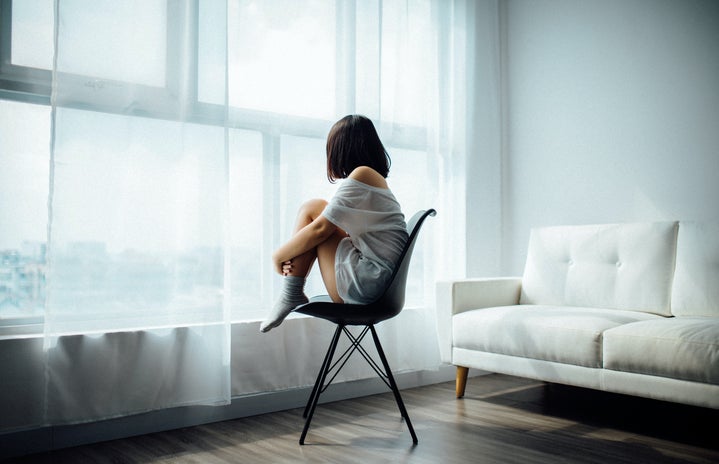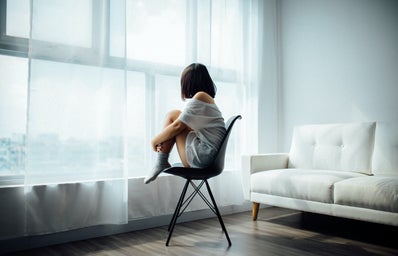Fall has finally arrived in Seattle, and many of us are cheering on the changing leaves and endless rain. However, there are others (including me) that dread the shift. The dreary weather can be a bit much, and some people notice that they feel unusually gloomy. So, here are some things to know about your mental health and SAD for the upcoming cold seasons.
What is SAD?
The term “seasonal depression” (also known as seasonal affective disorder or SAD) is often tossed around by college students who want to give meaning to their sadness over the changing season. They may not realize that it is a legitimate disorder. According to the National Institute of Mental Health, SAD is a type of depression with symptoms that flare for several months of the year, usually with the changing seasons. For seasonal depression brought on by colder seasons, people have the same symptoms as they would with regular depression, such as low energy, sleep problems, and feelings of hopelessness. They would also experience additional symptoms of hypersomnia, overeating, weight gain, and social withdrawal. SAD also affects certain demographics more than others. The NIMH also claims that “SAD occurs much more often in women than in men, and it is more common in those living farther north, where there are shorter daylight hours in the winter.”
Preventing SAD
Since this is an issue that affects us in the PNW more, it is important to know how to treat it. One way is through light therapy. According to the University of British Columbia, exposure to specific types of artificial light can be found to improve symptoms in “60 to 70% of SAD patients.” One theory behind the cause of seasonal depression is that it is partially due to a Vitamin D deficiency, which is why one could benefit from light therapy. However, it is recommended that people speak with a healthcare provider before seeking this treatment, as there are ways to properly and improperly use a lightbox. Other potential treatments include those used for regular depression, such as cognitive behavioral therapy and antidepressant medication. These are all examples of more formal treatments, but they may be necessary for more severe cases.
The Cleveland Clinic also recommends things like a well-balanced diet, exercise, and socialization to prevent the effects of seasonal depression. A well-balanced diet and exercise can help prevent or offset the overeating and weight gain attributed to winter-type SAD. Exercise can alleviate stress caused by the condition. When eating a well-balanced diet, it is also important to note the things you should not be intaking, like drugs and alcohol, as they can worsen symptoms of seasonal depression. Socialization with friends and family is a good alternative to more formal therapy, as you receive support and hopefully take your mind off of the issue.
When the weather worsens and you feel yourself getting down, don’t forget that this is temporary. Maybe you can learn to appreciate the rain, maybe not; at least you will really be able to appreciate when spring finally comes.


